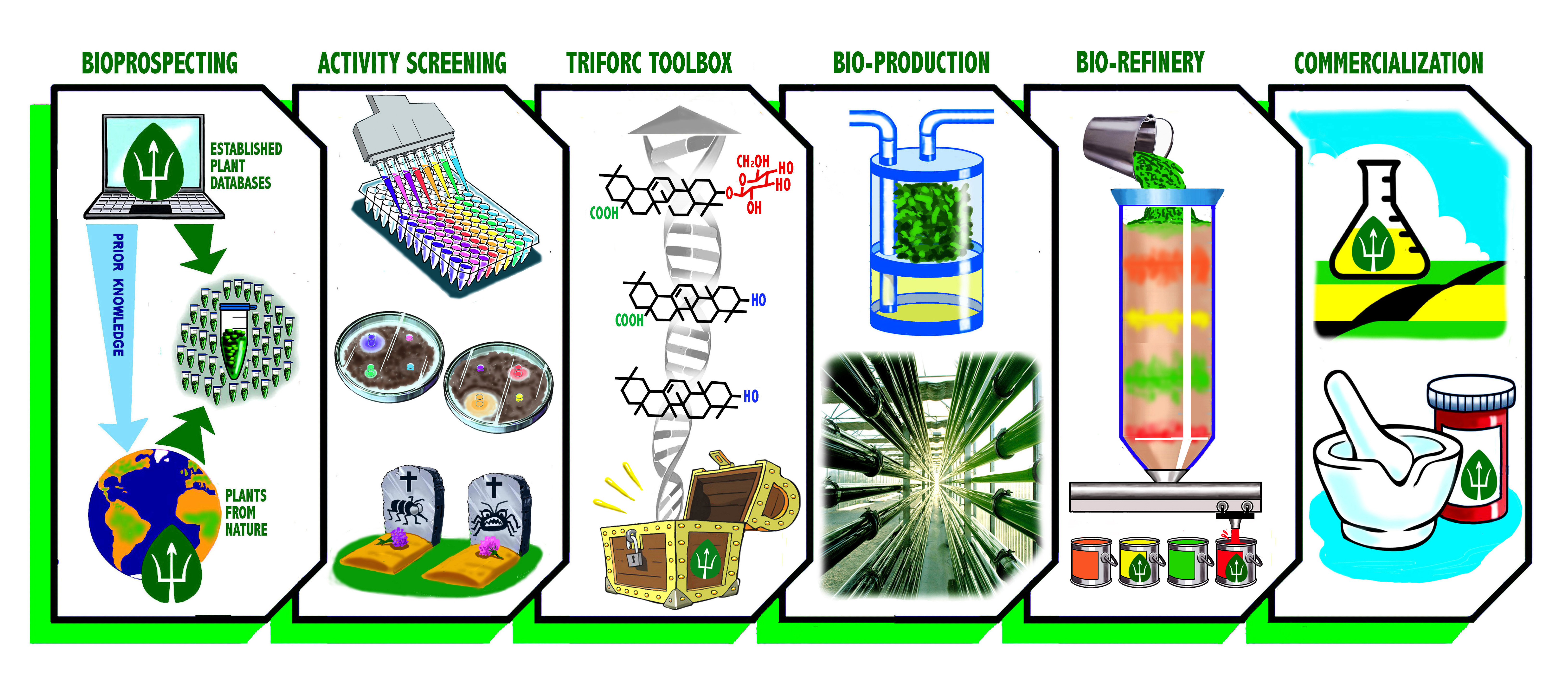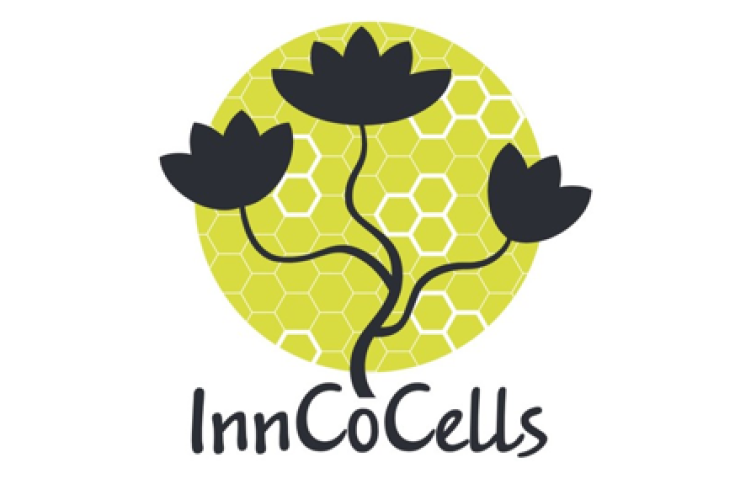Collaborative EU projects
Collaborative EU projects in the Goossens lab
Running projects
InnCoCells

InnCoCells is a Horizon 2020 research and innovation project funded by the EU under the FNR-11-2020 topic “Prospecting aquatic and terrestrial natural biological resources for biologically active compounds”. The four-year project launched in 2021 aims to develop innovative plant-based production processes for the commercial exploitation of scientifically validated cosmetic ingredients using profitable and sustainable cell cultures, aeroponic cultivation, and greenhouse/field cultivation. The project has received funding from the European Union’s Horizon 2020 research and innovation programme under grant agreement No 101000373.
Past projects
Endoscape
ENDOSCAPE is a collaborative biotechnology project aimed at developing a beyond state of the art clinically applicable gene delivery technology. The ENDOSCAPE technology will have a major impact on the therapeutic opportunities for current and future drugs for a broad range of diseases and large patient groups. The non-viral based ENDOSCAPE technology will enhance therapeutic efficacy in a more cost-effective manner thereby reducing costs of healthcare, improving the health of patients worldwide, and strengthening the competitive landscape of the EU in the worldwide quest for such an advanced technology. The project is funded by the European Commission with about 7 million € under the Horizon 2020 initiative, with the grant agreement No 825730.

Newcotiana
The Newcotiana project aims to modify the composition and, therefore, the use we make of tobacco plants, enriching them with substances of high added value. For this, the Newcotiana scientists will employ highly precise breeding technologies, such as the CRISPR technique, and apply them to breeding cultivated tobacco and its relative species N. benthamiana as improved biofactories. In this way, it is intended to revalue the traditional cultivation of tobacco and, at the same time, to improve our manufacturing capacity for health-related bioproducts, such as vaccines, antibodies and other important small molecules with health-promoting properties. This project has received funding from the European Union’s Horizon 2020 research and innovation programme under Grant Agreement No 760331.

Eucleg
The strategic goal of EUCLEG was to reduce Europe and China’s dependency on protein imports by developing efficient breeding strategies for the legume crops of a major economic importance in human food and animal feed. The objective was to improve diversification of crops, crop productivity, yield stability and protein quality of both forage (alfalfa and red clover) and grain (pea, faba bean and soybean) legumes. EUCLEG investigated the potential for new uses of forage species for human nutrition. Processed protein extracts have a good nutritive value for human consumption in terms of plant protein intake (amino acid composition close to that of dairy milk). It could be an alternative to meat and milk alleviating negative impacts of agriculture on the environment. This project has received funding from the European Union’s Horizon 2020 Programme for Research & Innovation under grant agreement No 727312.

TriForC
A pipeline for the discovery, sustainable production and commercial utilisation of known and novel high-value triterpenes with new or superior biological activities. This project has received funding from the European Union’s FP7 Program under grant agreement No 613692.

SmartCell
Rational design of plant systems for sustainable generation of value-added industrial products. This project has received funding from the European Union’s FP7 Program under grant agreement No 222716.

PlantEngine
The main objective of the Action is cross-linking within a multi-disciplinary network European scientists with diverse expertise on plant natural products (PNP) chemistry, plant metabolic engineering, plant enzymology, systems biology and computational biology, and chemistry to define and develop rational design strategies to produce known and novel PNP of pharmaceutical and industrial interest in a sustainable, economical, and ecological way. A tremendous amount of knowledge has been gained during the last decades about the biosynthetic capacity of plants and the pathways leading to the formation of plant natural products (PNPs), many of which are of high relevance as pharmaceuticals or fine chemicals for industries. To fully exploit the capacity of engineering plants for the production of high value PNPs this Action will support and enhance a pan-European network which will amalgamate resources, define target pathways and prioritize compounds, disseminate novel technologies and applications, set standards for computational support, and develop synthetic approaches in plant metabolic engineering. Outcomes will help guiding researchers in the design of plants as production host and provide building blocks for pathway engineering. This project has received funding from the European Union’s COST actions Program under grant agreement FA1006.
